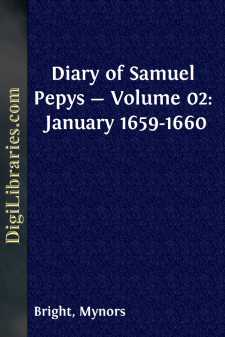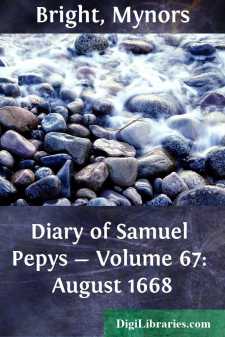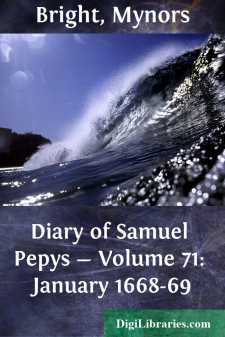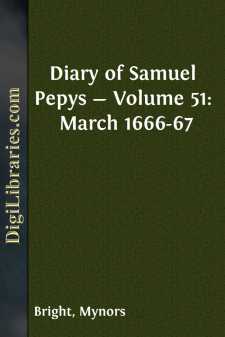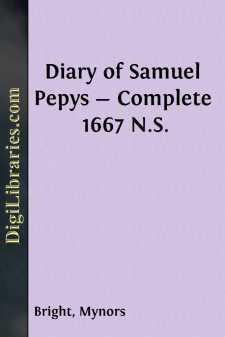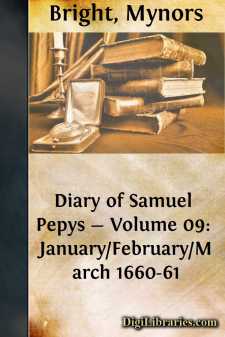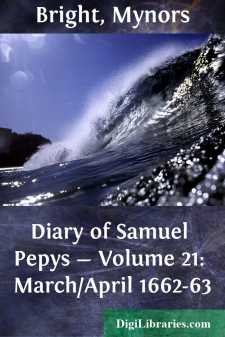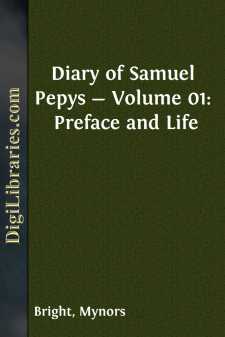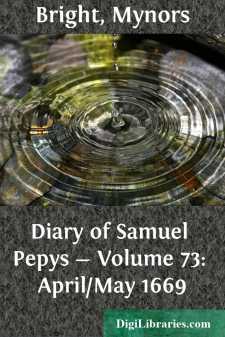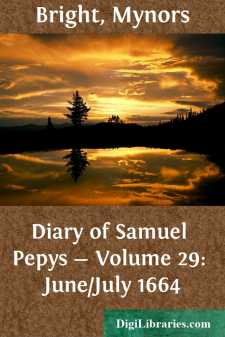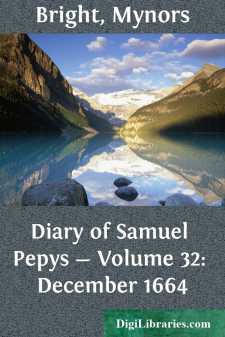Categories
- Antiques & Collectibles 13
- Architecture 36
- Art 48
- Bibles 22
- Biography & Autobiography 816
- Body, Mind & Spirit 145
- Business & Economics 28
- Children's Books 18
- Children's Fiction 14
- Computers 4
- Cooking 94
- Crafts & Hobbies 4
- Drama 346
- Education 58
- Family & Relationships 59
- Fiction 11831
- Foreign Language Study 3
- Games 19
- Gardening 17
- Health & Fitness 34
- History 1378
- House & Home 1
- Humor 147
- Juvenile Fiction 1873
- Juvenile Nonfiction 202
- Language Arts & Disciplines 89
- Law 16
- Literary Collections 686
- Literary Criticism 179
- Mathematics 13
- Medical 41
- Music 40
- Nature 179
- Non-Classifiable 1768
- Performing Arts 7
- Periodicals 1453
- Philosophy 66
- Photography 2
- Poetry 897
- Political Science 203
- Psychology 45
- Reference 154
- Religion 516
- Science 126
- Self-Help 86
- Social Science 82
- Sports & Recreation 34
- Study Aids 3
- Technology & Engineering 59
- Transportation 23
- Travel 463
- True Crime 29
Our website is made possible by displaying online advertisements to our visitors.
Please consider supporting us by disabling your ad blocker.
Diary of Samuel Pepys - Volume 02: January 1659-1660
by: Mynors Bright
Categories:
Description:
Excerpt
Blessed be God, at the end of the last year I was in very good health, without any sense of my old pain, but upon taking of cold.
[Pepys was successfully cut for the stone on March 26th, 1658. See March 26th below. Although not suffering from this cause again until the end of his life, there are frequent references in the Diary to pain whenever he caught cold. In a letter from Pepys to his nephew Jackson, April 8th, 1700, there is a reference to the breaking out three years before his death of the wound caused by the cutting for the stone: "It has been my calamity for much the greatest part of this time to have been kept bedrid, under an evil so rarely known as to have had it matter of universal surprise and with little less general opinion of its dangerousness; namely, that the cicatrice of a wound occasioned upon my cutting for the stone, without hearing anything of it in all this time, should after more than 40 years' perfect cure, break out again." At the post-mortem examination a nest of seven stones, weighing four and a half ounces, was found in the left kidney, which was entirely ulcerated.]
I lived in Axe Yard,
[Pepys's house was on the south side of King Street, Westminster; it is singular that when he removed to a residence in the city, he should have settled close to another Axe Yard. Fludyer Street stands on the site of Axe Yard, which derived its name from a great messuage or brewhouse on the west side of King Street, called "The Axe," and referred to in a document of the 23rd of Henry VIII—B.]
having my wife, and servant Jane, and no more in family than us three. My wife . . . . gave me hopes of her being with child, but on the last day of the year . . . .[the hope was belied.]
[Ed. note: . . . . are used to denote censored passages]
The condition of the State was thus; viz. the Rump, after being disturbed by my Lord Lambert,
[John Lambert, major-general in the Parliamentary army. The title Lord was not his by right, but it was frequently given to the republican officers. He was born in 1619, at Calton Hall, in the parish of Kirkby-in-Malham-Dale, in the West Riding of Yorkshire. In 1642 he was appointed captain of horse under Fairfax, and acted as major-general to Cromwell in 1650 during the war in Scotland. After this Parliament conferred on him a grant of lands in Scotland worth L1000 per annum. He refused to take the oath of allegiance to Cromwell, for which the Protector deprived him of his commission. After Cromwell's death he tried to set up a military government. The Commons cashiered Lambert, Desborough, and other officers, October 12th, 1659, but Lambert retaliated by thrusting out the Commons, and set out to meet Monk. His men fell away from him, and he was sent to the Tower, March 3rd, 1660, but escaped. In 1662 he was tried on a charge of high treason and condemned, but his life was spared. It is generally stated that he passed the remainder of his life in the island of Guernsey, but this is proved to be incorrect by a MS. in the Plymouth Athenaeum, entitled "Plimmouth Memoirs collected by James Yonge, 1684" This will be seen from the following extracts quoted by Mr....


